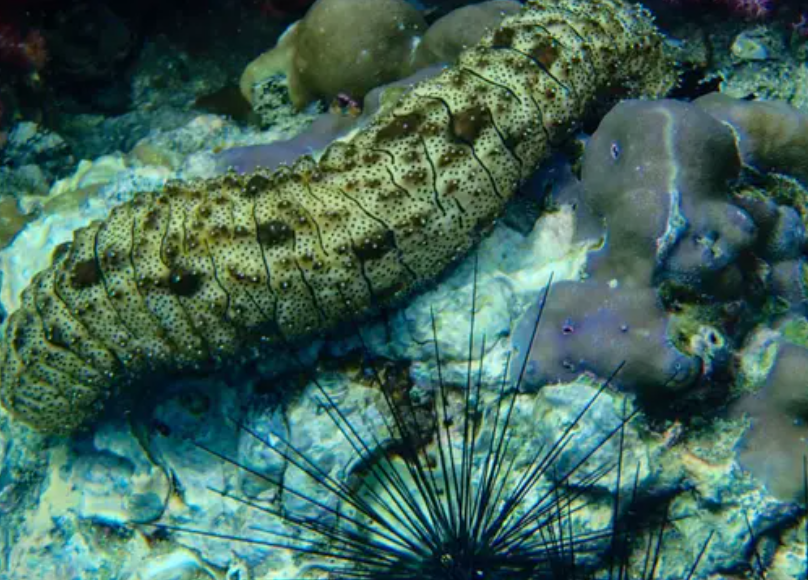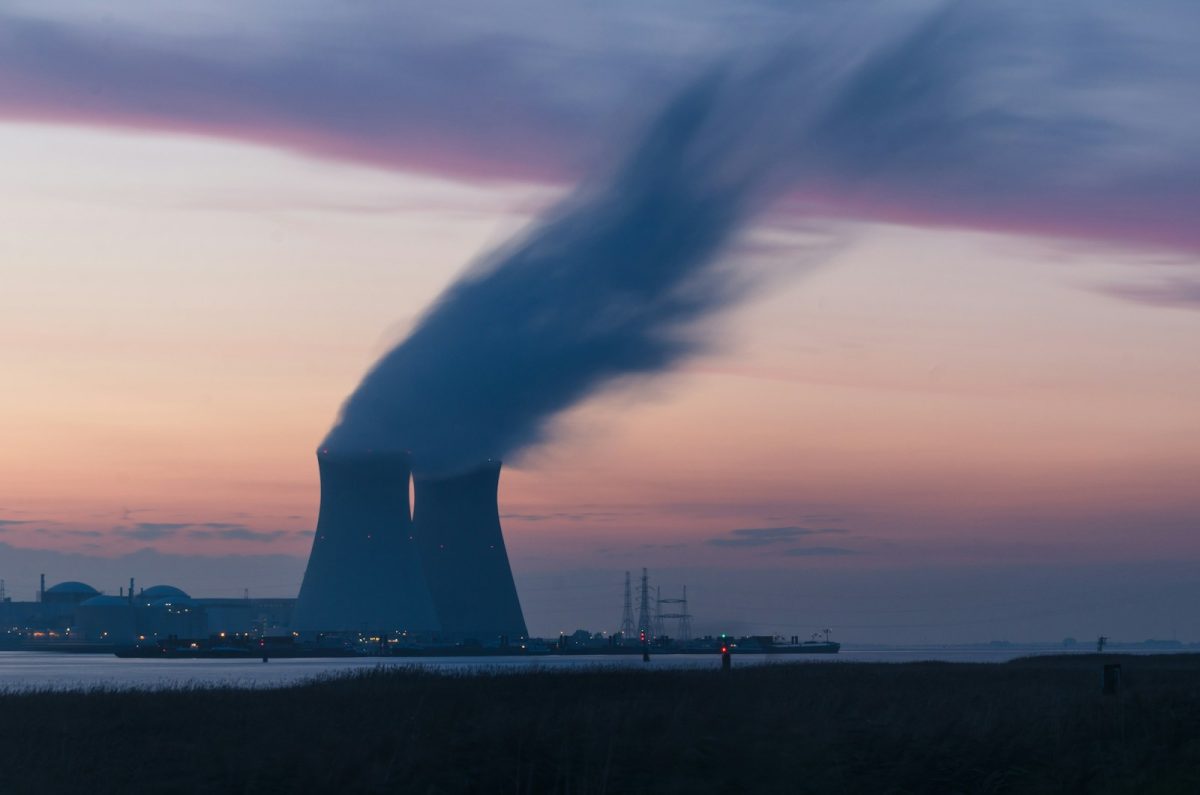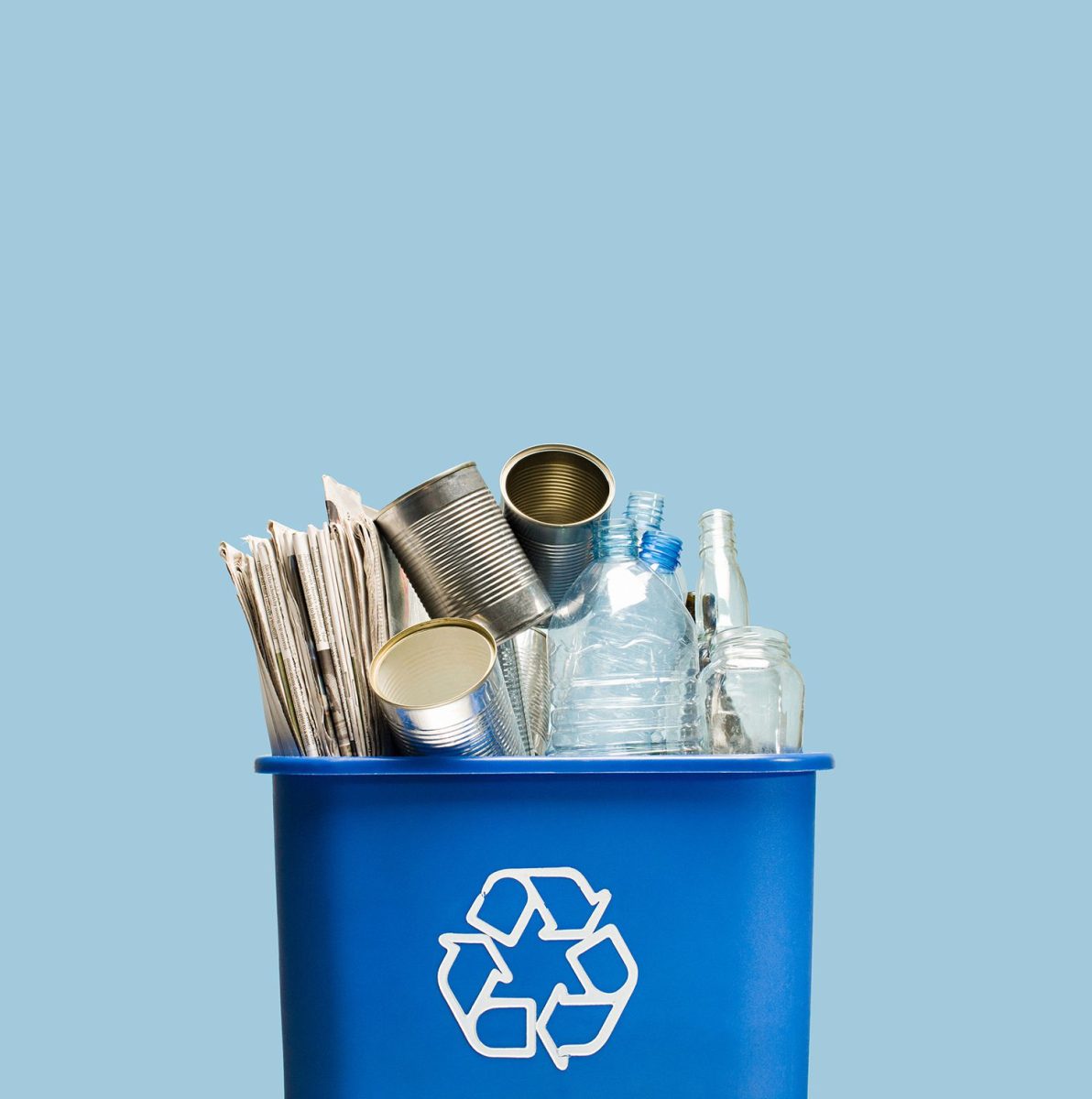Introduction: Algae farms, once seen as simple ponds of green slime, are now recognized as versatile ecosystems with immense potential for addressing various global challenges. In this article, we’ll explore the fascinating world of algae farms, their diverse applications, and their promising future.
Understanding Algae: Algae are diverse group of aquatic organisms that range from single-celled microalgae to large multicellular seaweeds. They play crucial roles in aquatic ecosystems, serving as primary producers and contributing to oxygen production and nutrient cycling. Algae are incredibly efficient at photosynthesis, using sunlight and carbon dioxide to produce biomass through a process that is often more efficient than that of land plants.
Nutritional Powerhouses: One of the most well-known applications of algae farms is in the production of nutrient-rich foods and supplements. Certain species of microalgae, such as spirulina and chlorella, are packed with protein, vitamins, minerals, and essential fatty acids. These nutritional powerhouses offer a sustainable source of food, particularly for populations facing malnutrition or food insecurity.
Environmental Remediation: Algae have a remarkable ability to absorb carbon dioxide and nutrients from their surroundings, making them valuable allies in environmental remediation efforts. Algae farms can be deployed to treat wastewater from agricultural and industrial sources, helping to remove pollutants and improve water quality. Additionally, algae can sequester carbon dioxide from the atmosphere, potentially mitigating climate change by capturing greenhouse gases.
Renewable Energy Source: Algae farms hold promise as a renewable source of biofuels, such as biodiesel and bioethanol. Certain species of algae produce oils that can be extracted and converted into fuels with properties similar to conventional fossil fuels. Unlike fossil fuels, algae-based biofuels are carbon-neutral, as the carbon dioxide released during combustion is offset by the carbon dioxide absorbed during algae growth.
Bioremediation and Waste Management: Algae have been used in bioremediation projects to clean up contaminated sites, such as oil spills and heavy metal pollution. Certain species of algae can accumulate pollutants in their biomass, effectively removing them from the environment. Additionally, algae can be used to treat organic waste streams, such as agricultural runoff and sewage, transforming them into valuable biomass or bioenergy products.
Challenges and Future Directions: While algae farms offer numerous benefits, they also face challenges, including optimizing cultivation techniques, increasing biomass yields, and scaling up production to meet demand. Research efforts are focused on addressing these challenges through advances in genetics, biotechnology, and engineering. Additionally, exploring novel applications of algae, such as pharmaceuticals and bioplastics, could further expand the potential of algae farms in the future.
Conclusion: In conclusion, algae farms represent a sustainable and multifaceted solution to pressing global issues, ranging from food security and environmental remediation to renewable energy production. As technology advances and our understanding of algae biology deepens, the potential of algae farms to contribute to a more sustainable future continues to grow. With continued investment and innovation, algae farms have the opportunity to play a central role in shaping a greener and more resilient world.
Related Stories:
https://news.cornell.edu/stories/2022/10/onshore-algae-farms-could-feed-world-sustainably
https://www.energy.gov/eere/success-stories/articles/eere-success-story-algae-hard-work-hawaii
https://interestingengineering.com/science/land-based-algae-farms
https://grist.org/fix/food-farming/algae-farms-alternative-climate-resilient-protein/
https://algaeplanet.com/algaeplanets-top-ten-algae-stories-of-2023/
Take Action:
https://ec.europa.eu/commission/presscorner/detail/en/ip_22_6899
https://www.energy.gov/eere/bioenergy/algal-production
https://dnr.wisconsin.gov/newsroom/release/49086
https://finmodelslab.com/blogs/how-to-open/how-to-open-algae-farming
https://www.forbes.com/sites/jenniferhicks/2018/06/15/see-how-algae-could-change-our-world/





